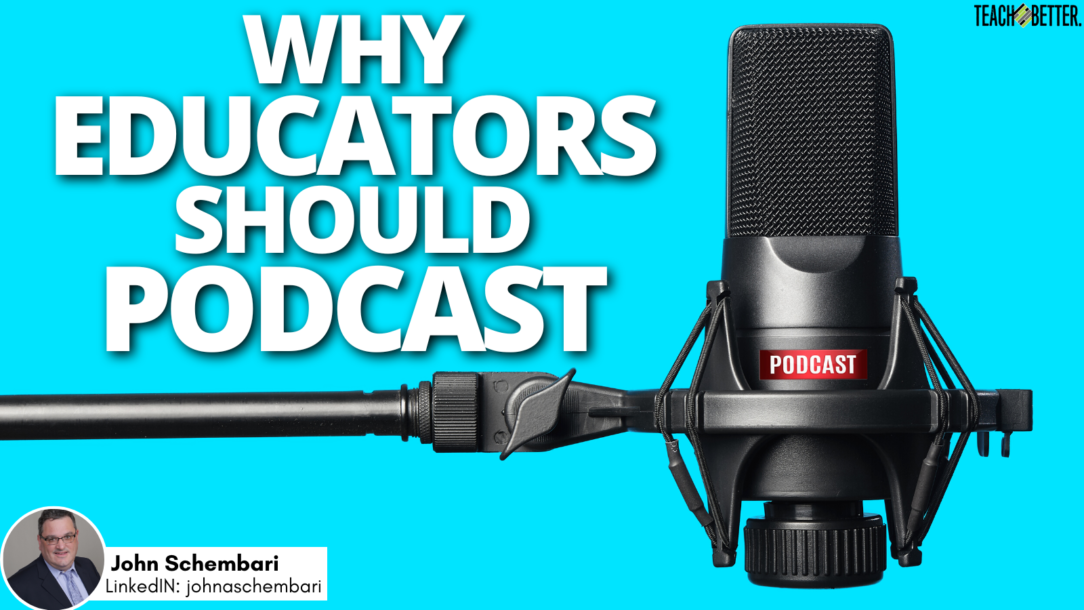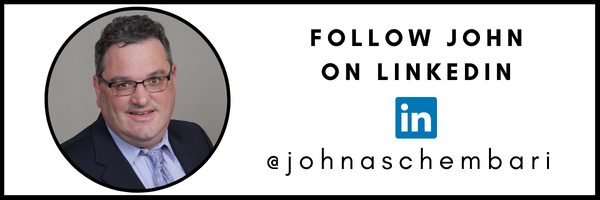TL;DR:
- Educators should podcast despite the saturation in the field; it’s a platform for personal connections and networking, fostering professional relationships with like-minded individuals interested in educational improvement.
- Podcasting allows you to define and share your unique perspective, offering a fresh take on crucial educational issues. Your voice could be the catalyst for inspiring others’ thoughts and actions.
- Despite existing podcasts, more educators should join in; each individual has the power to amplify crucial information and provide strategies and insights that might not have been covered extensively, contributing positively to the educational community.
When I started my education podcast, Have a Life Teaching, reactions were mixed. Some people wished me encouragement. Others asked if we needed more education podcasts given the large number already out there. It is a valid question but one for which I have an emphatic answer. Yes, educators should podcast!
The reasons why educators should podcast are personal.
What do you hope to achieve in having a podcast? My main goal in starting this project was to form connections one educator at a time. Every time I interview a guest, I am forming a professional relationship with a potential new colleague. This is regardless of whether or not anyone else listens to the content that results from the conversation. For example, education consultants, such as myself, help school communities improve the quality of teaching and learning. It therefore makes sense that I would want to explore synergy with others interested in doing similar work.
Podcasting is, indeed, about networking. Each time I publish an episode, I inform my social network on LinkedIn. My guests do the same. In this way, my social network has access to that of my guest and vice versa. As my marketing and branding coach, J.T. O’Donnell, often tells me “Your network is your net worth.”
Yes, I want educators to listen to my audio content and for that content to have resonance. However, at the same time, notifying one’s network about one’s current projects has value, too. Educators often want to know what thought leaders find important and are talking about even if they do not have the time to listen to the podcast itself.
If just one educator learns from my work how to make even one LGBTQ+ student feel more accepted, my podcast is worth its existence no matter how long the series ultimately runs. - John S. Click To TweetYour podcast can help people define their thinking.
Even though there are many great education podcasts out there, no one else speaks with your voice. Your unique voice, or take on an issue, and that of your guests can help people to look at issues in a new way. Your podcast might be the one to inspire others. For a case in point, I turn to the work of my first guest, Crystal Frommert. In her Heinemann blog post, Teacher Observation as Professional Development, Crystal cites how a subsequent episode of mine, featuring guest Ryan Burke, helped shape her thinking in this context. I am touched. Her intellectual hat-tipping motivates me to create more podcast content aiming to benefit others.
[scroll down to keep reading]Even though other podcasts exist, more educators should podcast.
We all individually have the power to amplify important information in the digital world. There are challenges in education that remain no matter how much we have previously discussed them, and more educators should podcast to crowd-source what we value. Your podcast can highlight, for an audience of educators who may or may not have listened to others, additional strategies for making LGBTQ+ students feel welcome, supporting students with PTSD, ensuring that teaching is culturally responsive, etc. I am glad, for instance, that my episode with Tricia Friedman, LGBTQ+ student advocate, has had a fair amount of positive reaction.
I, like all podcasters, will face challenges to the long-term viability of my podcast. It is still early days. However, if, for example, just one educator learns from my work how to make even one LGBTQ+ student feel more accepted, my podcast is worth its existence no matter how long the series ultimately runs.
About John Schembari
John Schembari supports teacher/leadership development as an education consultant working with various organizations such as TNTP, the Center for Educational Innovation, Fordham University, Brooklyn College and the NJ Principals and Supervisors Association. Prior to this, John was a school principal, district CAO, and national director of leadership training with a charter school network.




